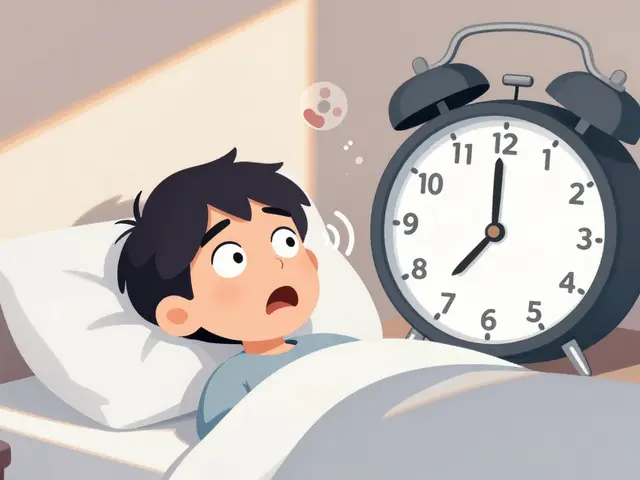Antipsychotic Medications: What They Are and How They Help
If you or someone you know has been prescribed an antipsychotic, you probably wonder what the pill actually does. In simple terms, antipsychotics are drugs that calm down the brain’s chemical signals that can go haywire in conditions like schizophrenia, bipolar disorder, or severe depression. They’re not a cure, but they can make crazy thoughts and intense emotions more manageable, letting people get back to everyday life.
When are antipsychotics prescribed?
Doctors usually reach for antipsychotics when a patient shows persistent hallucinations, delusions, or severe mood swings that won’t settle with therapy alone. Schizophrenia is the classic case, but you’ll also see these meds used for bipolar mania, psychotic depression, and sometimes for short‑term anxiety spikes. The prescription decision depends on the severity of symptoms, previous treatment response, and how the patient tolerates other meds.
Common side effects and what to watch for
All medicines have trade‑offs, and antipsychotics are no exception. The most frequent complaints are drowsiness, dry mouth, and a little weight gain. Some newer drugs cause less movement‑related trouble, but older ones can lead to tremors or stiffness (think Parkinson‑like symptoms). Keep an eye on any sudden changes in blood sugar or cholesterol, especially if you’re on a pill known to affect metabolism. If you notice severe nausea, fever, or muscle rigidity, call your doctor right away—that could signal a rare but serious reaction called neuroleptic malignant syndrome.
Taking the pill exactly as prescribed is key. Skipping doses can cause symptoms to flare up, while stopping abruptly may trigger withdrawal effects. Most doctors suggest a slow taper if you need to discontinue, so the brain has time to adjust. Pairing the medication with a regular schedule—same time each day, with food if advised—helps keep blood levels stable and reduces side effects.
Beyond the drug itself, lifestyle tweaks can make a big difference. Staying active, even a short walk, may offset weight gain and boost mood. Drinking plenty of water eases dry mouth, and a balanced diet helps control blood sugar spikes. If drowsiness slows you down, try taking the dose in the evening; just check with your prescriber first.
Lastly, keep open communication with your healthcare team. Report any new or worsening symptoms, and don’t hesitate to ask about alternative meds if side effects become unbearable. Many antipsychotics have similar efficacy but different side‑effect profiles, so a switch might be possible.
Antipsychotic drugs can be a lifeline when used correctly. Understanding how they work, what to expect, and how to support your body while on them puts you in the driver’s seat of your own health journey.
Olanzapine: Uses, Dosage, Side Effects & Safety Guide
A clear, up‑to‑date guide on Olanzapine covering what it is, who uses it, how to dose it safely, common side effects, drug interactions and FAQs.






